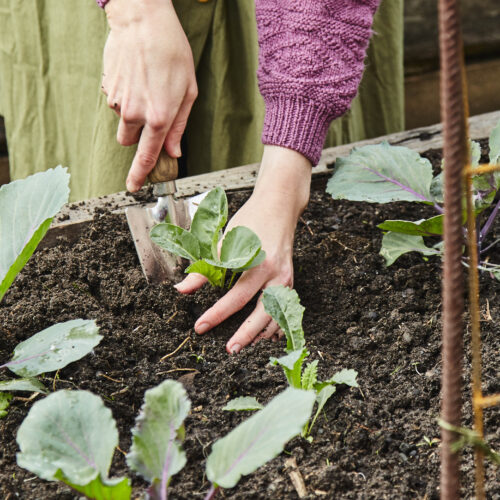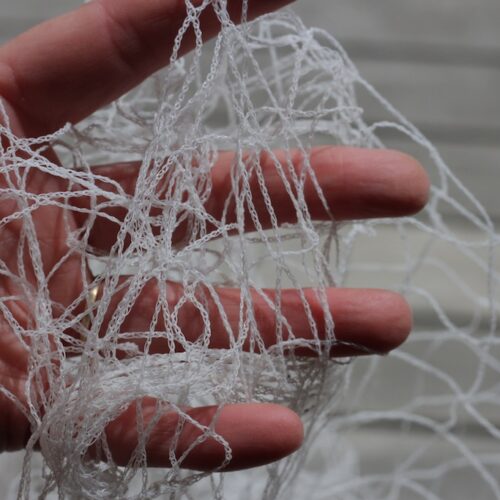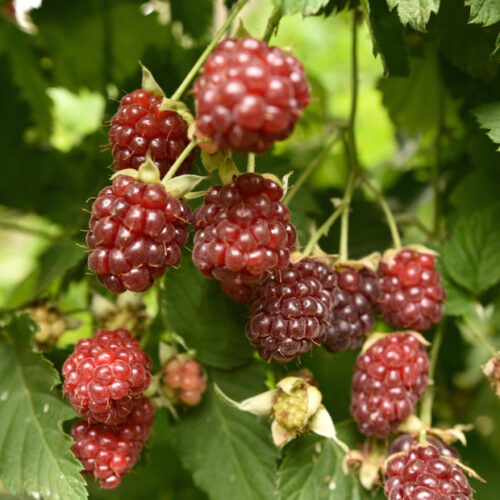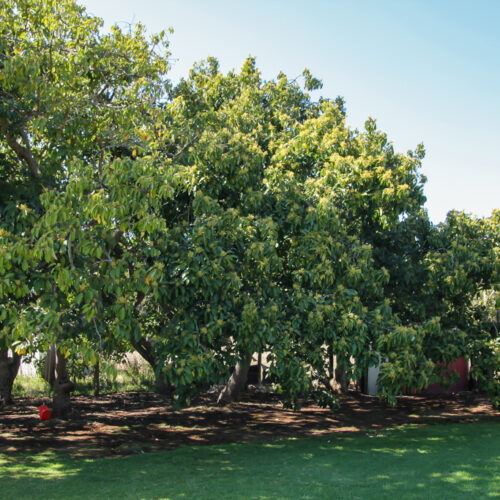Checklist for spring
2010-08-03T02:13:05+10:00
Is your vegie garden spring ready? PHIL DUDMAN has some tasks you can put into action now.
Soil Preparation
If you have any bare patches in the vegie garden, start improving them now ready for spring planting. Spread and dig in any compost you have available and look out for low cost supplies of local animal manure now. It will be in higher demand and harder to get hold of once spring is here. Read Penny Woodward’s tips on improving sandy soils here.
Extend growing area
Time to expand? If your garden space allows, now is the time to get in and build more raised beds. Recycled materials like hardwood timber, old bricks or unpainted corrugated iron are an economical option, or consider one of the new prefab products available. Justin Russell built raised beds in his garden and wrote about it here.
Raise spring seedlings
The soil is still a bit too cold for direct planting of seeds in many areas, but you can get a head start by raising them in pots and seedling trays. The beauty of this is you can move them around to the warmest, most protected parts of your garden during the day then bring them into a warm protected place overnight. Justin Russell has written an article about planting sees in your own seed-raising mix that you can read here. You can also grow plants from cuttings, read Penny Woodward’s article here.
Turn your compost pile
Organic matter needs air to break down into compost. If your pile has been sitting their quietly all winter, get in with the garden fork and give it a good turn and maybe even mix in a little blood and bone or pelletised chicken manure. It will help spark the decomposition process again and get it ready for planting time. Check out Penny Woodward’s recipe for compost success.
Build a bigger compost bay
You can never have enough compost in the garden. Spring, summer and autumn are the seasons that offer the greatest volumes of collectable organic materials. Use your time now to create yourself a decent space that will allow you to take full advantage of what’s on offer. It’s easy to build a good-looking compost bay using recycled materials. Not everyone has space for a compost bay so you might consider a worm farm instead.





